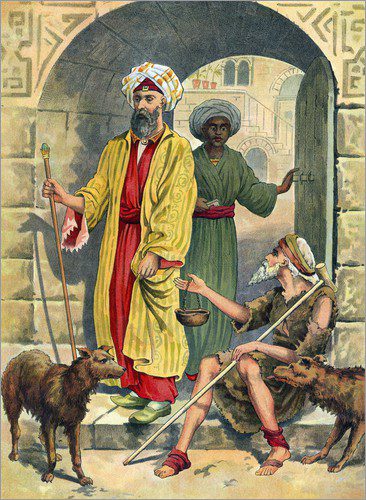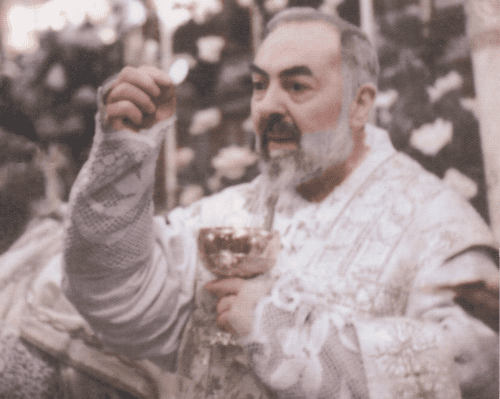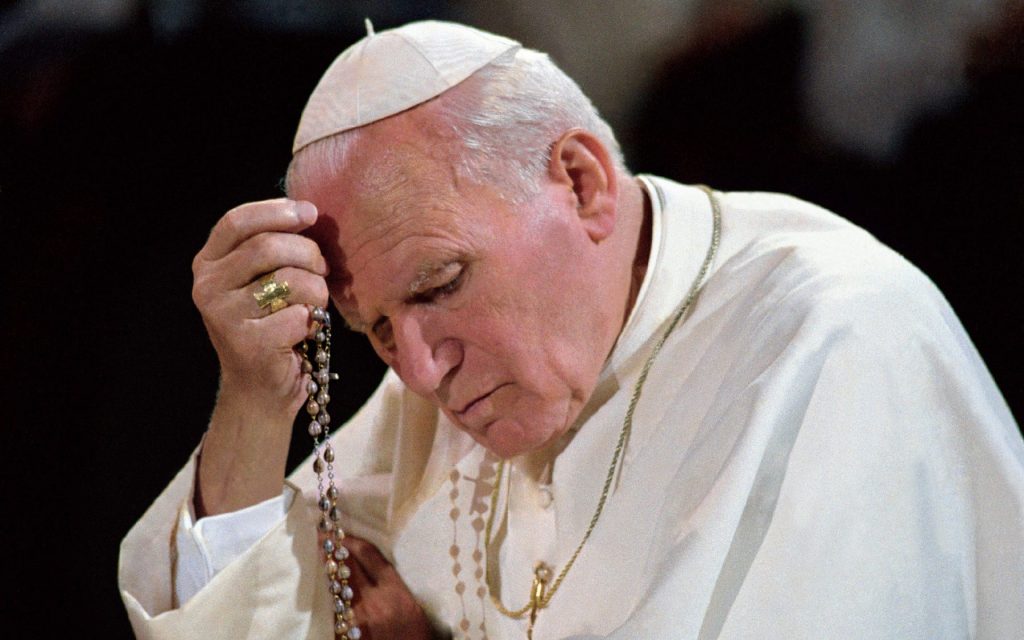
Today is the feast of Saint Pope John Paul II the anniversary of his election of pope on Oct. 22nd.
Karoly Wojtyla’s mother Emilia had a difficult pregnancy and her doctor tried to convince her to have an abortion, but she chose to keep her baby, who would someday be the future John Paul II. When he was born, they were singing the Litany of Loretto.
He had a brother by the name of Edmund. His mother died when he was a child and his father died when Carol was a young man. He must have felt alone in the world as a young man.
Who could forget the day, he was chosen as the successor of Peter, as he spoke to the crowd and said, “Do not be afraid!” He confronted, exposed and opposed the "culture of death", wherein the human person is treated as an instrument to be used rather than an unrepeatable gift to be received. He proposed a different way, a new "culture of life" where every human person, at every age and stage, is recognized as having an inviolable dignity and right to life, freedom and love.
He charted a path to authentic peace by proclaiming to the nations that we are all our brothers' keeper and owe an obligation in solidarity to one another and, most especially, to the poor in all of their manifestations. Most likely due to the death of his mother at a young age, his life long love of the Blessed Virgin Mary, revealed itself in his pontificate with his motto, “totus tuus, totally yours.” His beautiful relationship with Mary was revealed on May 13th, 1981, when the Blessed Virgin Mary, guided the bullet and protected him. In 1984, in union with all the bishops of the world, he consecrated the world the Immaculate Heart of Mary, which resulted in the sudden fall of communism. He so loved Our Lady, that he revealed the secrets of Fatima and beatified Jacinto and Francisco.
Entrusted for twenty six years with the Chair of Peter, Pope John Paul II was a prophetic Pope. In his encyclical "Church of the Eucharist”, he highlighted the glory of the Eucharist, Holy Communion and Adoration.
He canonized more saints and declared more beatified and traveled to more countries proclaiming the Gospel, than any other pope in the history of the Church.
Establishing World Youth Day, he had a keen awareness of the importance of the youth of today and their future role as leaders of the Church.
Suffering from Parkison’s disease, he received his last Holy Communion on the vigil of Divine Mercy, the feast he established revealing the unfathomable mercy of God.
The postulator for his cause was asked this question: "Can you tell us in what countries these miracles happened?" Monsignor Oder replied "They were verified in France, in the United States, in Germany and in Italy."
We give thanks to God for the life and legacy of Pope John Paul II, who impacted the world and the Church by his life of virtue as the vicar of Christ and chief shepherd and let us ask for his intercession for the needs of the Church and imitate his love and devotion to Mary and Jesus in the Most Blessed Sacrament.
Pope John Paul II confronted heresies of his day and this is what we need to do too.
Here are some examples of heresies today:
1. Divorced and remarried persons can receive Holy Communion
2. The diversity of religions are willed by God.
3. To say that co-habitations are real marriage, when there is actually no marriage at all
4. To say that to proselytize is a grave sin, when in fact, we are called to try to bring non-Catholics into full communion with the Catholic Church
5. To say that during the multiplication of the loaves and fishes, was no miracle at all, but was a time everyone shared their food.
6. To say that people are annihilated, rather than go to hell is false teaching
7. The use of contraceptives by clerics, is not in accord with Catholic teaching
8. The acceptance of the actions of homosexuality and the living out as LGBTQ as though they were not sinful.
9. To say that pro-abortion politicians, who publicly and obstinately refuse to recant their position can receive Holy Communion is contrary to Canon Law 915.
Today, let us ask Pope St. John Paul II to pray for us, that we may defend the faith and live out our faith, as good Catholics.


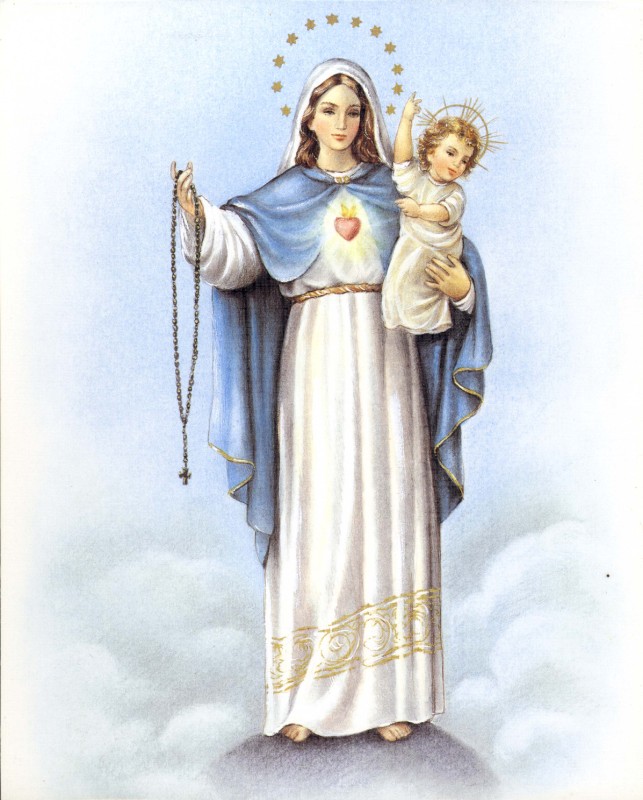

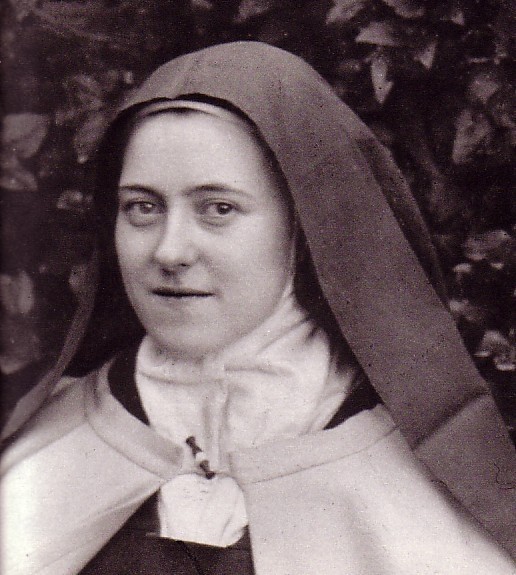
:format(webp)/f/84976/450x450/daec16bbcf/a-rebel-translator-in-a-biblical-era-st-jerome-index.jpg)

